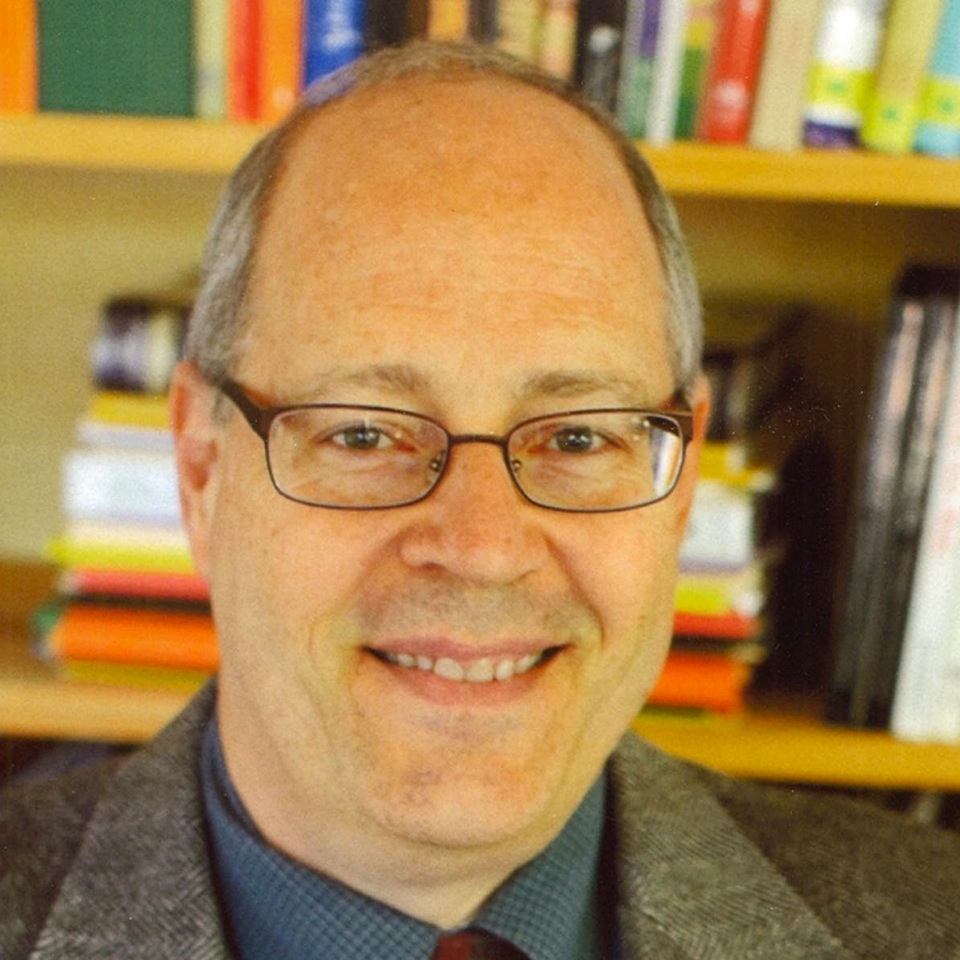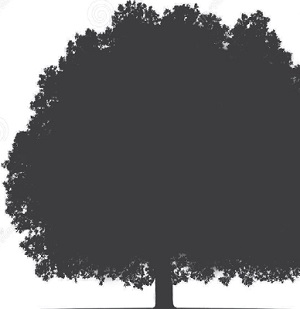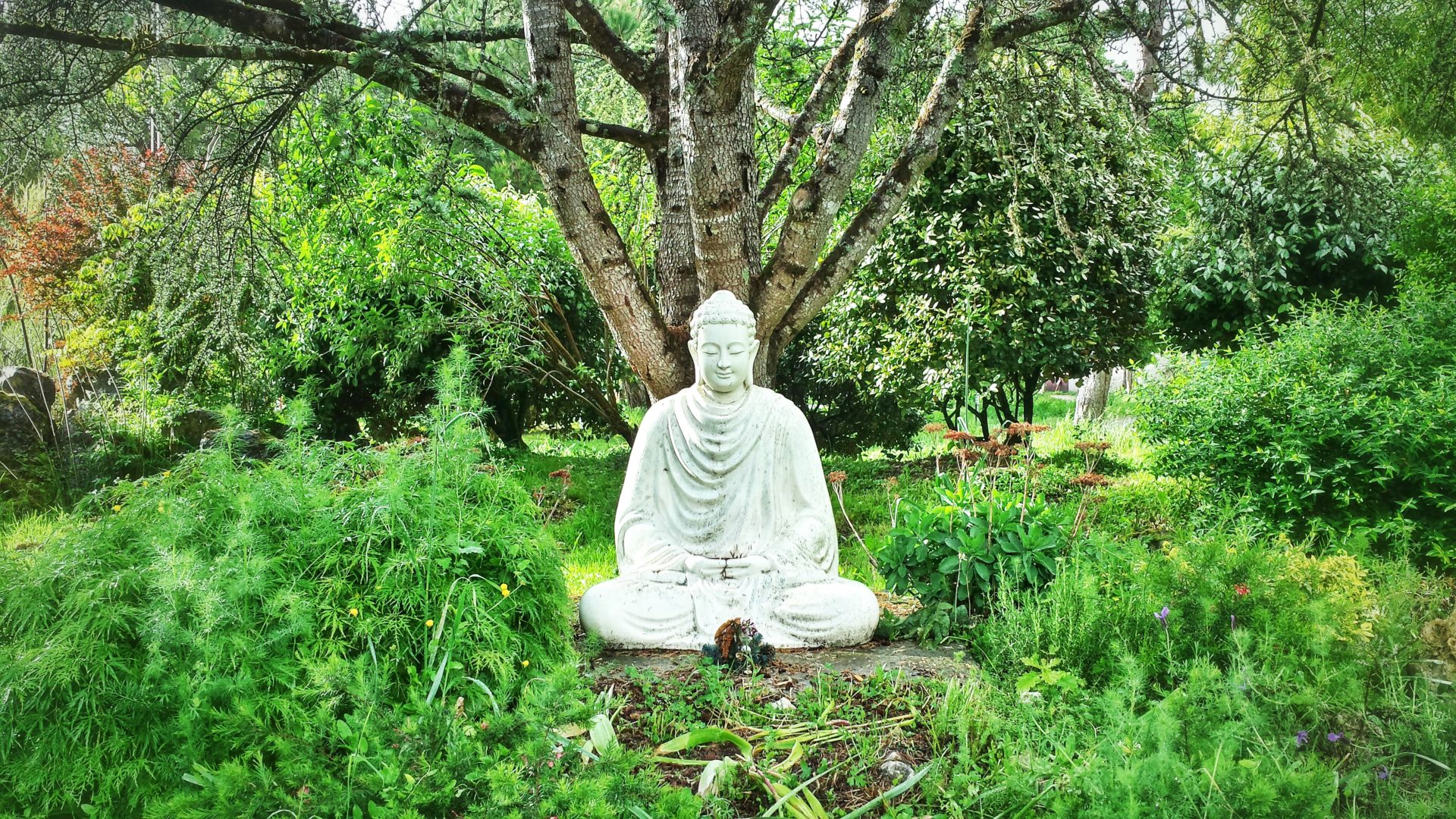By John R. Snyder and George Hoguet
In January 2014, the Order of Interbeing discussion list hosted a particularly rich dialogue about climate change and our practice. It became clear that many of us who are locally involved in climate change initiatives have felt isolated and sometimes overwhelmed by the magnitude of the need. Yet, our Sangha experience has taught us that working together is a source of joy when the work gets hard.
By John R. Snyder and George Hoguet
In January 2014, the Order of Interbeing discussion list hosted a particularly rich dialogue about climate change and our practice. It became clear that many of us who are locally involved in climate change initiatives have felt isolated and sometimes overwhelmed by the magnitude of the need. Yet, our Sangha experience has taught us that working together is a source of joy when the work gets hard. The OI Climate Response (OICR) group was born as a way of bringing together those in the OI who wish to deepen their practice in the light of climate change.
Six months later, OICR is a still-growing, still-evolving community of thirty-four OI members and aspirants. As we continue to learn how to flow as a river, we have discussed many things and shared many perspectives. We have found that being together on OICR allows us to support and encourage each other, reminding one another and ourselves of the rich resources in our tradition and the capacity for awakening to the present in all beings.
We have posed some key questions for ourselves: What can we as a community formed by the Fourteen Mindfulness Trainings bring to the world’s great work in responding to climate change? How do we specifically answer the call for engagement in the tenth and eleventh trainings? So many climate change organizations are already formed; so many agendas are already being advocated—are we just reinventing the wheel? We think not. Just as Thay’s teachings on mindfulness were first offered to the American peace movement of the 1960s, we believe that our practice has much to offer the world during this time of unprecedented impermanence.
The bodhisattva path we follow offers a grounded, creative, and joyful way to engage with this most challenging world crisis. As the planet enters a time of great uncertainty, we practice to understand our limitations as human beings, to have respect for non-human bodhisattvas, and to remind ourselves that “truth is found in life” if we stay open to our experience. When discussions and decisions are mired in controversy and absolute thinking, we ask ourselves, “Are you sure?” and practice non-attachment to views.
When we act, we act from a deep practice of reverence for life and from the direct experience of interbeing. We remind ourselves of the practice gatha, “Peace in oneself, peace in the world.” We know that our path holds together and affirms the nonduality of the inner work and outer work of the practice, and that, like the two legs of a healthy child, they must grow and develop together. Following the bodhisattva path, we know that we do not practice just for our liberation but for that of the whole world with all its humans, animals, plants, and minerals.
Above all, a bodhisattva practices without expectations and attachment to outcomes. Regardless of outcome, we know that a flourishing life is one lived in full mindful engagement with the world, that positive change is the inevitable result of right action, and that liberation—both inner and outer—comes from fully knowing both the suffering and the exquisite beauty found in each moment. Members of OICR are involved in many local, national, and international efforts related to climate change, and we have been sharing with each other what we know about these efforts and looking for productive ways to learn from them, support them, and possibly partner with them in the future.
We especially look forward to working closely with the Earth Holding and Protecting initiative at Deer Park Monastery.
We have a goal of reaching out to the more than 650 local Sanghas practicing in our tradition, seeking to find at least one OI member or aspirant in each Sangha to be part of OICR. Building an international network will allow us to conduct a “census” of efforts already underway in our community and to help raise awareness of those efforts. We are also hoping to develop study materials for use by local Sanghas. We hope to offer concrete suggestions and actions that can be taken individually and as a community according to a fivefold schema: Save Water, Grow Food, Conserve Energy, Build Community, Celebrate Interbeing.
OI members and aspirants who want to join or receive more information can contact George (george.hoguet@gmail.com) or John (jsnyder@pobox.com).

John Snyder, True Precious Goodness, practices with Plum Blossom Sangha in Austin, Texas. He is a retired Montessori elementary teacher and school administrator.

George Hoguet, True Precious Smile, lives in Pittsburgh, Pennsylvania, and practices with the Laughing Rivers Sangha. He is retired, spending much time with his six grandchildren and working in The Climate Reality Project as one of the educational presenters trained by former Vice President Al Gore.

If you could be any plant, animal, or mineral, what would you tell humans about protecting the Earth?
I would be a lynx. I would tell people not to kill animals for their fur. —Katie
Every plant or animal plays an important role in the food chain. Please don’t demolish that role. —Alec
If I was a tree, I would tell someone, “Please don’t cut me down.” – Anonymous
I would be a shark and I would tell the people that cut the sharks’ fins that they hurt them, that sharks can suffer and have feelings. I would tell them to stop. Sometimes they cut the fins and put the sharks back in the sea but that way they suffer more because they will die anyway. They should stop and show compassion for animals. —Raphaelle

How do you help to reverse the process of climate change?
Being vegetarian is my specific way of helping reverse the process of climate change. Breeding cattle for human consumption uses a lot of resources, including water, in addition to generating a lot of suffering for animals. I feel like I am being kind to the earth when I limit my consumption to plants. I still eat eggs and cheese but I am reducing them and hopefully I will become vegan one day. The Five Contemplation are helping me in this regard. This is a beautiful prayer that helps me eat mindfully and in turn choose better what I am consuming. —Virginie

It is 2114. What would you tell humans living now?
Don’t let tech take over life. Have balance in nature. —Sonha
Help raise money to not cut down trees. —Mehgan
Money is made of trees. Leave nature alone unless your desire is to be one with it. —Anonymous
Don’t littler. Protect wild and endangered animals. —Anonymous
Climate Change Resources
Following are web links to resources that may help us to better understand the conditions of global warming and resultant climate change and consequences:
Climate Basics in 24 Cards -http://www.vox.com/cards/global-warming/what-is-global-warming
National Climate Assessment 2014: Impacts - http://nca2014.globalchange.gov/highlights
Buddhism & the Climate-Energy Emergency - http://www.ecobuddhism.org/wisdom/editorials/bcee/
The Low Carbon Diet (Lifestyle) -https://www.empowermentinstitute.net/index.php/community/community-empowerment
Eat Low Carbon from Bon Appetit - http://www.eatlowcarbon.org/

